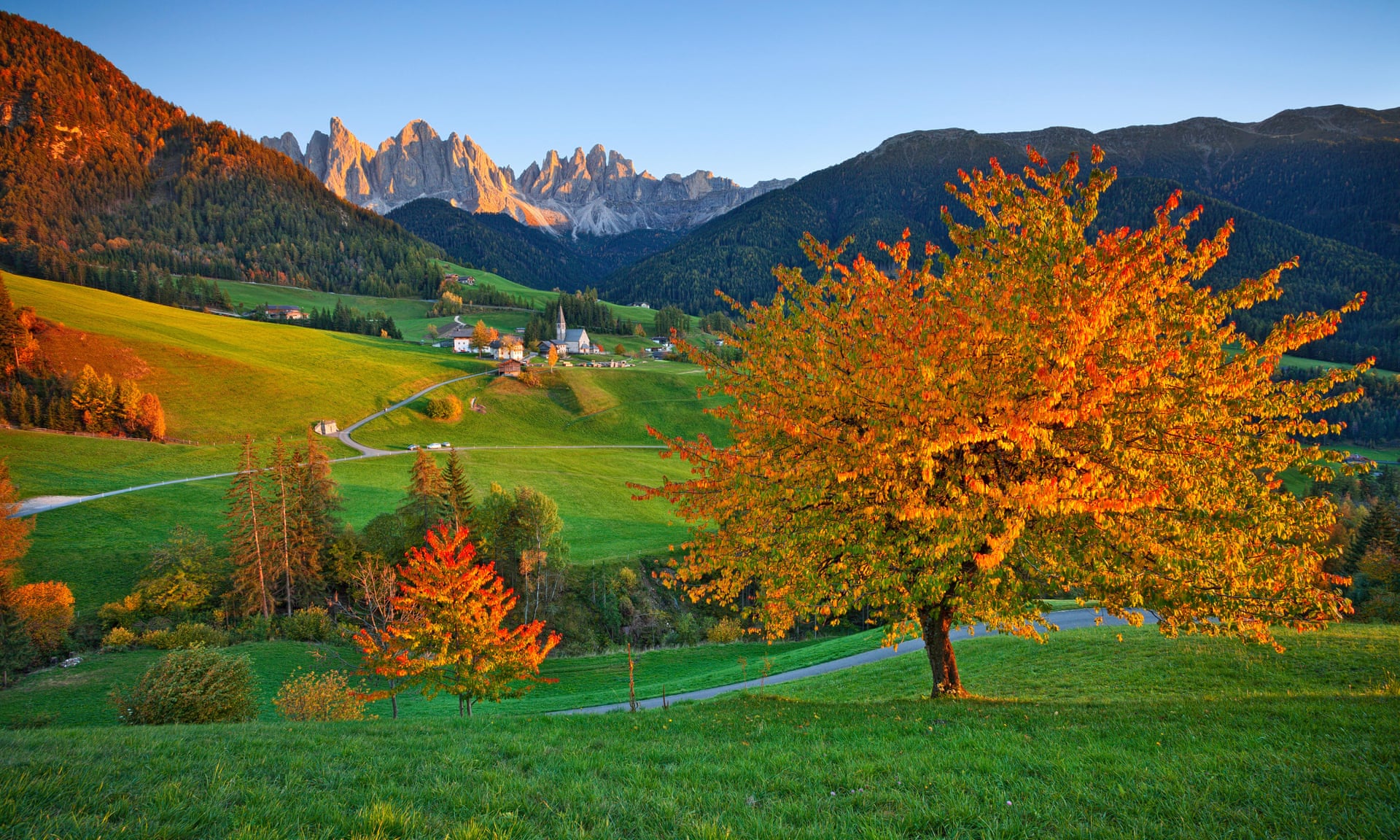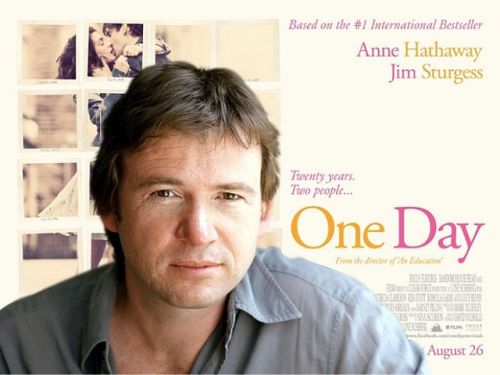“Whatever destiny may be, it resides in the mountains that tower over us,” muses Pietro, the pensive 11-year-old narrator of The Eight Mountains, as he begins a long coming-of-age journey in the foothills of Italy’s Monte Rosa. This short line says a lot about how Paolo Cognetti’s thoughtful yet sometimes overripe novel operates.
Young Pietro’s initial reflections about life on holiday in the mountains, where he spends his summers, his relationship with his father, and his friendship with Bruno, the cow-herding son of a local stonemason, teeter on the brink of being overly mystical. But The Eight Mountains is written in such arrestingly simple language – you can almost feel the Italian phrasing in the translation from Simon Carnell and Erica Segre – that it’s impossible not to be gradually sucked into the peaks and valleys of Pietro’s life.
The Eight Mountains, an award-winning bestseller in Cognetti’s native Italy, is a story of relationships – not just between people, but with the mountains around the village of Grana. Pietro’s father isn’t just in love with the Monte Rosa – he’s obsessed by their scale and grandeur (“like arriving from the mountains of men to find yourself in the mountains of giants”). But Pietro doesn’t share his dad’s fixation with exploring mountain paths, happening across wild goats or bivouacking under the stars, and starts to forgo joining him on trips up to the glacier. He prefers, instead, to climb rocks, hang out in the local village or explore ruined mountain shacks. It loosens their bond until an unfortunate event means their differences can never be resolved.
Much like his characters, Paolo Cognetti divides his time between Milan and a cabin in the hills, and The Eight Mountains takes on the quality of a memoir as Pietro returns to Grana as a man to work out not just what his father means to him, but how the landscape has affected his life and friendships. “If it was such a paradise,” he wonders, “then why did we not stay and live up there?”
But though Pietro has travelled across the world, Bruno has never left Grana, and it’s fascinating to watch Pietro grapple with the push and pull of enduring friendships; how they work and what they mean. The perceived simplicity of Bruno’s life is alluring: when the pals begin to renovate an alpine hut, Bruno tells Pietro not to worry about how long it will take. “So what should I think about?” asks Pietro. “About today,” comes the reply. “Look what a beautiful day it is.”
Such homespun philosophy – of which there is plenty – is an acquired taste. But there’s something about the vertiginous setting that lends itself to this kind of contemplation. Cognetti captures the elation and melancholy that comes with reaching a spectacular summit, only to realise the minuscule part we play in the panorama of life.

